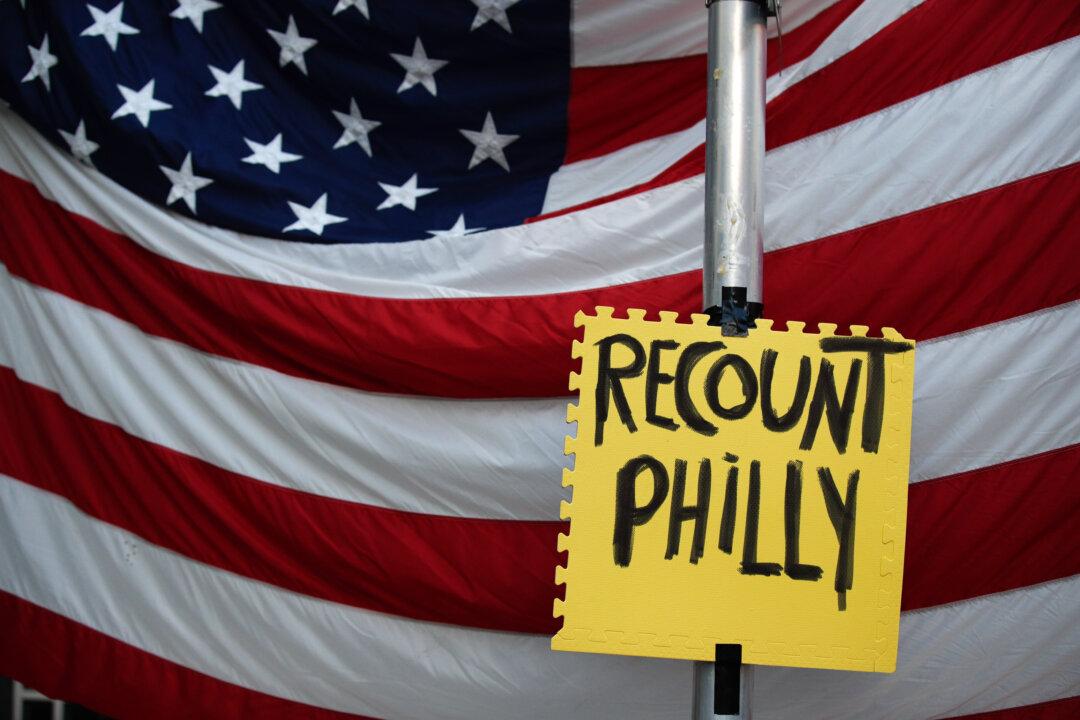In an unusual move, a Pennsylvania legislative committee on Nov. 23 rejected a request from the state House of Representatives to conduct a risk-limiting audit on the 2020 election, with Senate Democrats saying the panel found that such an audit would be “incomplete, duplicative, and unreliable.”
The Legislative Budget and Finance Committee (LBFC) voted 2–1 along partisan lines against the audit, which was requested by House Resolution 1100 that passed last week in a bipartisan vote. Speaker of the House Bryan Cutler, a Republican, in a Nov. 19 statement called the risk-limiting audit a “requirement of open and transparent government.”





